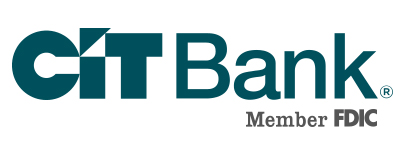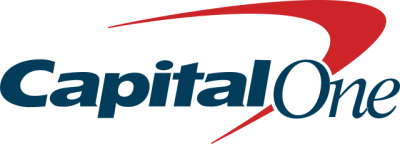Pros:
- Chief Customer Advocates on your side
- Free ATM transactions
- Earn cash back on debit transactions
- Low minimum opening account amount
Cons:
- Popmoney has fees and isn't instant
- High deposit needed to open CDs
- No credit cards or prepaid cards offered
- Fee for dormant accounts
Pros:
- Cash rewards on savings accounts
- No account fees or required amounts
- Personal and student loans if you qualify
- Five year CDs have amazing interest rates
Cons:
- High opening amount for CDs
- CDs require large sum to earn interest
- No checking accounts offered
- High-interest rates on personal loans
If you have a question, the Chief Customer Advocate is there to help. This person works with the CEO of Nationwide to ensure the customer's needs are being met. If you have a policy problem or a question about a statement, call the Chief Customer Advocate.
Nationwide customers can make eight transactions at any ATMs each billing cycle. Nationwide will not charge you a fee, but the ATM owner might. If you are a premier member, you get unlimited ATM transactions without fees. To be a premier member, you must have another bank account, loan, credit card, or an insurance policy with Nationwide. There are over 77,000 surcharge-free ATMs.
As a premier member, you earn cash back on your debit card purchases. If you use your debit card for at least $1,200 in purchases each month, you will earn 0.25% on those purchases. The reward cap is $20 per month. This reward will not start until your account is active for 180 days.
Opening a savings or checking account with Nationwide only requires $25. You start earning competitive interest rates with the $25 you deposit to open the account.
Nationwide uses Popmoney to transfer money between people. Money transferred with Popmoney is not instant. The delivery takes three business days. If you want the money sent instantly, it will cost $0.25 per transaction. Each transfer must be at least $5.
To open a CD, you must have at least $500. Once you open an account, you can choose from three month to five-year CDs.
Nationwide does not offer credit cards or prepaid cards anymore. If you already have a prepaid card, you can use it until the money is gone, but you cannot reload money onto it. If you currently have a credit card with Nationwide, you can use it as normal, but Nationwide is no longer taking credit card applications.
There is a fee if you do not use your checking account for 365 consecutive days. On the 366th day, a $5 fee will be charged. Each month the account is not active will have a $5 fee. To avoid the fee, sign up for direct deposit.
To get the cash back rewards you have to meet requirements. You must link a UPromise Goal Saver Account with the UPromise Rewards Account. You must also either have $5,000 in the account or make ten deposits within the first 90 days. You earn 10% of the amount of money transferred from your Rewards account to your Goal Saver account. If you meet the requirements, you earn an annual bonus of $10 the first two years and a loyalty bonus of $100 the third year.
The high yield savings account and money market accounts do not have any monthly fees. There is no required amount to open these accounts. They offer competitive interest rates, and there is no required monthly balance.
Sallie Mae is a college funding bank. They offer student and personal loans. Some of the different loans include undergraduate loans, parent loans, MBA loans, dental or medical school loans, medical residency loans, bar study loans, or graduate student loans. Sallie Mae offers a personal loan to help consolidate your debt, pay for major expenses, or life events.
The interest rates on Sallie Mae CDs are exceedingly higher than other banks. CDs range in term from six months to five years. The five year CD offers the best interest rate, but the other terms are still better than other banks.
To open a CD with Sallie Mae bank, the required opening balance is $2,500. The interest rates on the CDs are much higher than other banks.
To earn interest on Sallie Mae CDs, you must keep at least $2,500 in the CDs at all time. If your account balance drops below that amount, you will not earn interest. Sallie Mae CDs offer interest rates that are considerably higher than other banks and even other online banks.
Sallie Mae does not offer a checking account. This is a college savings bank. They do offer different savings accounts to help you prepare for college. Sallie Mae also has different loans to help pay for college, but no checking accounts.
As with any loan, the interest rates are high. Know the different repayment plans, interest rates, and if there is a fee for paying your loan off early. High-interest rates mean you could end up paying almost $9,000 in interest on a $10,000 loan.


